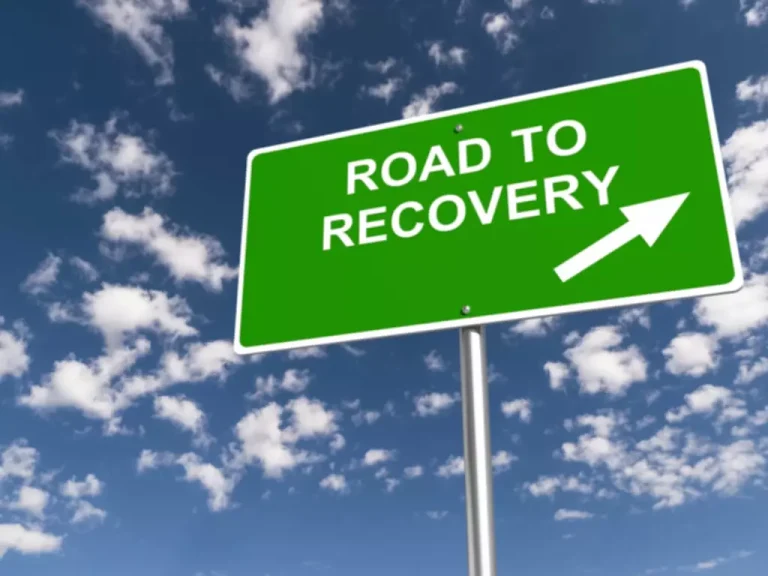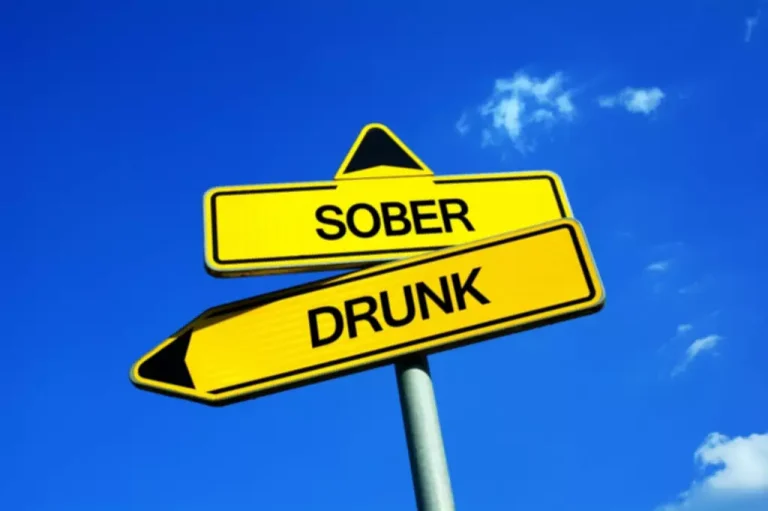
But heavy drinking carries a much higher risk even for those without other health concerns. Be sure to ask your healthcare professional about what’s right for your health and safety. The bottom line is that alcohol is potentially addictive, can cause intoxication, and contributes to health problems and preventable deaths. If you already drink at low levels and continue to drink, risks for these issues appear to be low. In the United States, moderate drinking for healthy adults is different for men and women. It means on days when a person does drink, women do not have more than one drink and men do not have more than two drinks.
Benefits of Social Drinking
- Racial and ethnic minorities, especially those living in African-American communities, are likewise exposed to targeted alcohol beverage advertisements (Wilson and Till 2012).
- For example, ancient Chinese traditions involved elaborate ceremonies before drinking, emphasizing respect and social hierarchy.
- For instance, wine, often divinized, is used in various rituals to foster sociability and solace.
- A review of global alcohol consumption data indicates that post-prohibition levels returned to those similar to pre-prohibition periods, suggesting a resilience in social drinking habits.
Regular heavy drinking can lead to physical and mental health problems, addiction, relationship difficulties, and legal issues. Preventing the negative consequences of social drinking involves a multifaceted approach that includes setting personal limits, practicing mindful drinking, and understanding the risks involved. Mindful drinking, which includes being aware of one’s drinking habits, recognizing the cues that lead to excessive drinking, and developing refusal skills, is another essential social drinking and drinking problem strategy. While social drinking is often viewed as a harmless activity, it carries potential health risks and negative consequences that can impact individuals and society. The National Institute on Alcohol Abuse and Alcoholism highlights that heavy drinking can lead to serious health issues such as liver inflammation, pancreatitis, and increased cancer risks. The brain is also affected, with alcohol interfering with communication pathways, potentially altering brain structure and function.
Signs of problem drinking
Still, moderation programs are not the right match for everyone, which is why professional supervision is critical. There are many people who struggle with AUD, try moderate drinking programs, and come to realize that abstinence is the only option for them. The detox process can be dangerous without proper support and medical care. Following detox, you may want to enter an inpatient, outpatient, or online addiction treatment program.
Signs of Alcohol Addiction
If you are a recovering addict you may be wondering, “can an alcoholic have an occasional drink? ” Even though social drinking is considered a low-risk activity, any moderate drinking is extremely dangerous for alcoholics. Alcohol of any amount can cause a relapse, and you can potentially lose all your hard work during recovery. For most people who relapse, it can take years to find recovery again, and many never make it back.

You may start as a social drinker and slowly become a problem drinker as you begin to consume more alcohol. Instead of drinking as a social activity, problem drinkers spend a lot of time drinking alone. They might turn to alcohol when they’re bored or lonely, and may even make it a point to make time in their schedule for drinking. Although most social drinkers do not necessarily become alcoholics, they should be aware that this may be a possibility if they are not conscious of their drinking habits. Drinking socially may start as something sporadic, but social drinkers may enter into denial about their relationship with alcohol.
Top social reasons people drink alcohol
- “I know everyone is here for laughs but as someone who has seen her sing many times live, she is incredibly talented,” reads a comment from the Brothers Osborne’s official Instagram account.
- However, recent trends show a shift, especially among younger generations, with an increasing interest in moderation and alcohol-free alternatives.
- She writes about a variety of topics and produces “The Uplift,” CBS News’ streaming show that focuses on good news.
- Many of us enjoy having a nice glass of wine with dinner, or throwing back a beer while watching the game with friends.
- Problem drinkers display clear differences between their drinking habits and those of alcoholics.
AddictionResource aims to present the most accurate, trustworthy, and up-to-date medical content to our readers. Our team does their best for our readers to help them stay informed about vital healthcare decisions. Around the same time, Slingerland published a social-science-heavy self-help book called Trying Not to Try. In it, he argued that the ancient Taoist concept of wu-wei (akin to what we now call “flow”) could help with both the demands of modern life and the more eternal challenge of dealing with other people. Intoxicants, he pointed out in passing, offer a chemical shortcut to wu-wei—by suppressing our conscious mind, they can unleash creativity and also make us more sociable. Slingerland is a professor at the University of British Columbia who, for most of his career, has specialized in ancient Chinese religion and philosophy.
Alcoholism can be a slippery slope during this time of social distancing.

Social, occasional, casual, recreational, and moderate drinking: Are they all the same?
What Should I Do If I Feel Like I’m Addicted To Alcohol?

